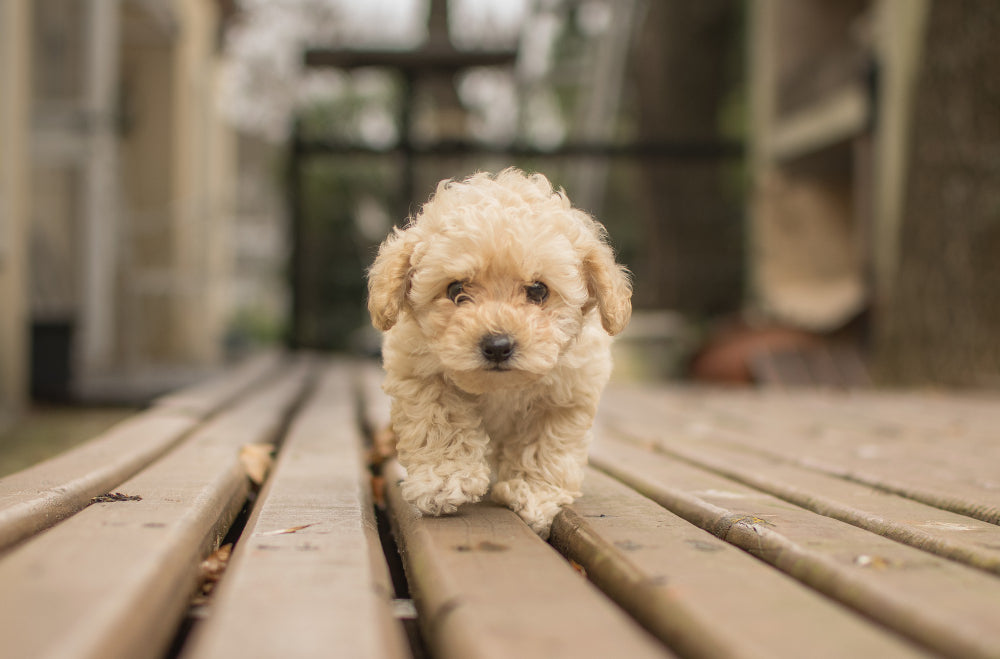Welcoming a new puppy into your home is an exciting time filled with cuddles, fun, and, of course, a few challenges. One of the biggest challenges you'll face is training your puppy. Proper training is essential for the well-being of both your puppy and your household. In this comprehensive guide, we'll cover everything you need to know about training your new furry friend.
Understanding Puppy Behavior
Before diving into training techniques, it's crucial to understand typical puppy behavior. Puppies are naturally curious, playful, and full of energy. They are also in a crucial stage of development, where they learn about their environment, socialize, and understand their place in your family.
Socialization
Socialization is an essential part of puppy training. Expose your puppy to different people, animals, environments, and experiences. This helps them become well-adjusted and less fearful as they grow.
Basic Training Tips
1. Start Early
Begin training as soon as your puppy arrives. Puppies can start learning basic commands like sit, stay, and come as early as 7 to 8 weeks old.
2. Keep Training Sessions Short
Puppies have short attention spans. Keep training sessions brief (5-10 minutes) and fun.
3. Use Positive Reinforcement
Always use positive reinforcement. Reward good behavior with treats, praise, or playtime. Avoid negative reinforcement, as it can lead to fear and aggression.
4. Be Consistent
Consistency is key in puppy training. Use the same commands and rewards system consistently.
5. Patience is Essential
Be patient. Training takes time and every puppy learns at their own pace.
House Training
House training is often the first training challenge.
Crate Training
Crate training can be a useful tool. It taps into a puppy's natural instinct not to soil their sleeping area.
Regular Schedule
Keep your puppy on a regular feeding and bathroom schedule. Take them out first thing in the morning, after meals, and before bedtime.
Praise and Rewards
When your puppy does their business outside, praise them and offer a treat.
Basic Commands
Start with simple commands such as:
- Sit: Hold a treat close to your puppy's nose, and slowly lift your hand up and back, encouraging their head to follow the treat and their bottom to lower.
- Stay: Ask your puppy to sit, then open your palm in front of you, and say "stay." Take a few steps back and reward them for staying put.
- Come: Use a happy tone to say "come" while gently pulling on their leash.
Biting and Chewing
Puppies naturally bite and chew. Redirect this behavior by providing chew toys and discouraging biting with a firm "no."
Social Training
Social training involves exposing your puppy to different people, animals, and environments.
Puppy Classes
Consider enrolling your puppy in a class. This not only helps with training but also with socialization.
Advanced Training
Once your puppy masters basic commands, you can move on to more advanced training like heel, roll over, or fetch.
Dealing with Behavioral Issues
If you're struggling with behavioral issues, don't hesitate to seek professional help from a certified dog trainer or behaviorist.
Conclusion
Training your puppy requires time, patience, and consistency. Remember, every puppy is unique, and what works for one may not work for another. Celebrate small victories and enjoy the bonding experience that training provides. With love and proper training, your puppy will grow into a well-behaved and cherished member of your family. Happy training!

